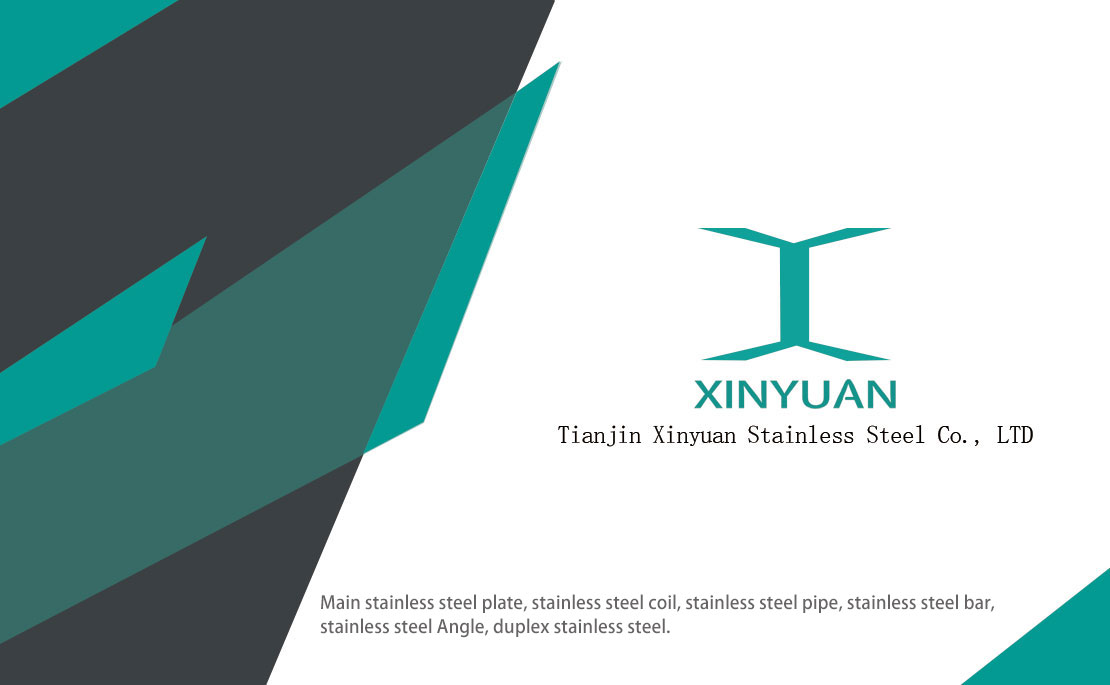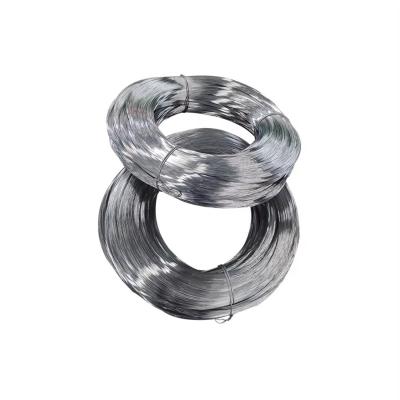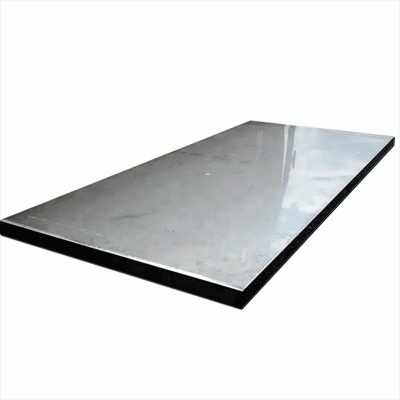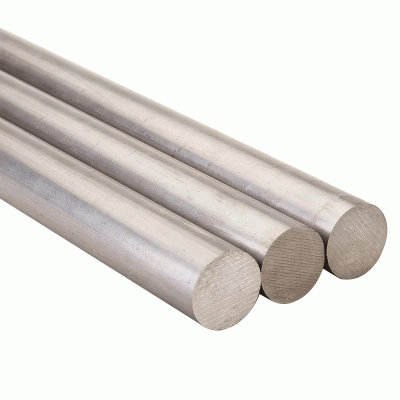What are the advantages of age-hardening nickel-based alloys?
It has good anti-fatigue, anti-radiation, anti-oxidation and corrosion resistance properties. Nickel-based corrosion-resistant alloys mostly have austenite structure. In the state of solid solution and aging treatment, there are also intermetallic phases and metal carbonitrides on the austenite matrix and grain boundaries of the alloy.
With good processing performance, welding performance and long-term microstructure stability, it can manufacture various parts with complex shapes. It has been widely used in the above temperature range in aerospace, nuclear energy, and petroleum industries. Another feature of this alloy is that the alloy structure is particularly sensitive to the hot working process. Master the law of phase precipitation and dissolution in the alloy and the relationship between structure, process and performance, and can formulate reasonable and feasible process regulations for different use requirements. Various parts are available to meet different strength levels and usage requirements. Nickel-based alloys refer to a class of alloys that have comprehensive properties such as high strength and certain oxidation and corrosion resistance at high temperatures of 650 to 1000 °C. According to the main properties, it is subdivided into nickel-based heat-resistant alloys, nickel-based corrosion-resistant alloys, nickel-based wear-resistant alloys, nickel-based precision alloys and nickel-based shape memory alloys. According to the different substrates, superalloys are divided into: iron-based superalloys, nickel-based superalloys and cobalt-based superalloys. Among them, nickel-based superalloys are referred to as nickel-based alloys.
Xinyuan stainless steel products, trustworthy, if you have any needs, welcome to inquire with me.




